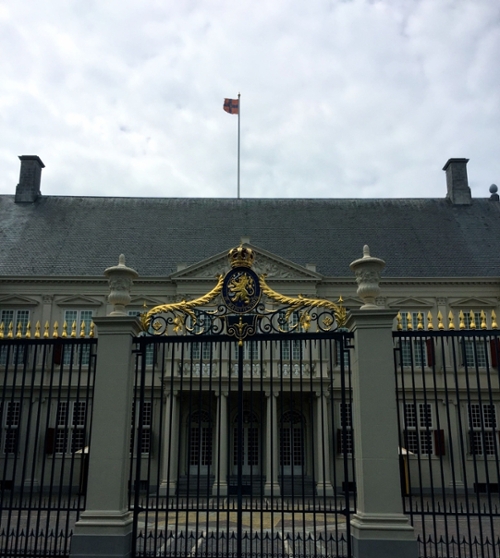Bread & Circuses
If the title does not immediately have meaning to you, that makes two of us. This week, I was able to attend a two-day conference run by IDEA on "Constitutional Responses to the Crisis of Representation and Oligarchic Democracy" (CROD), and when "bread and circuses" entered the conversation, I admit that I had to turn to Google to catch the analogy. The phrase comes from a poet who, during the Roman Empire, criticized Romans for their political acquiescence. So long as the regime provided "bread and circuses," the Romans tolerated consolidation of power in the emperor. The analogy furthered an argument that in the modern world the majority of people can pursue interests only within the options designated by a ruling elite, although these options are much more complex and varied than bread and circuses.
The CROD workshop participants addressed the issue that although modern liberal democracies have constitutions and free popular elections, not emperors or tyrants, these democratic institutions over time have become dominated politically and economically by a wealthy, elite class.
It is easy to be the Roman poet and simply criticize public acceptance of a dominant elite. The difficulty is in formulating a proposal, in two days, to reverse the ability of the elite to control the bread and circuses, and convince an entire population that bread and circuses are not enough. The CRODders, as the workshop participants affectionately named themselves, broke down oligarchic democracy into four approaches. Oligarchic democracy could be approached as (1) a wealth problem, (2) a political problem, (3) a procedural problem, or (4) as a public acquiescence/participation problem. The CRODders then identified and debated possible solutions for each approach.
First, the wealth problem is that policy favors the rich. One argument is that oligarchy occurs because the richest of society are able to rule by influencing and advancing policies that perpetuate their wealth and power. Second, the political argument is that oligarchy occurs because those elected to office are overwhelmingly of the rich elite, and there is an under-representation of the poor in politics. Third, the procedural argument is that the wealthy effectively exclude the masses by maintaining a revolving door of contacts and malleable friends in positions of power. Fourth, the participation argument is that the rich, by wielding a wider sociological influence and a disproportionate voice, shape the ideas and perceptions of the masses.
The CRODders debated a range of innovative proposals to constitutionally combat oligarchy in modern democracies. Some solutions included resurrecting open forum aspects of Athenian democracy in citizen assemblies, instituting an unconditional basic income ("UBI"), or introducing lottery or random selection into existing structures or a new type of citizen assembly. I was privileged to be a fly on the wall for the two-day conference, and look forward to continuing to follow CROD as they maintain the debate, expand their audience, and hone in on the practical application of their anti-oligarchic proposals.
For more information and by way of citing their ideas: CROD participants included Dr. Zoran Oklopcic, Amanda Maher, Dr. Salvador Santino Regilme, Christopher Roberts, Dr. Samuel Bagg, Daniel Hind, Camila Vergara, Dr. Joel Colón Ríos, Dr. Oliver Dowlen, Dr. Rocío Annunziata, and co-authors Dr. Devin Joshi and Dr. Jason Maloy.
Noordeinde Palace, The Hague, the Netherlands
